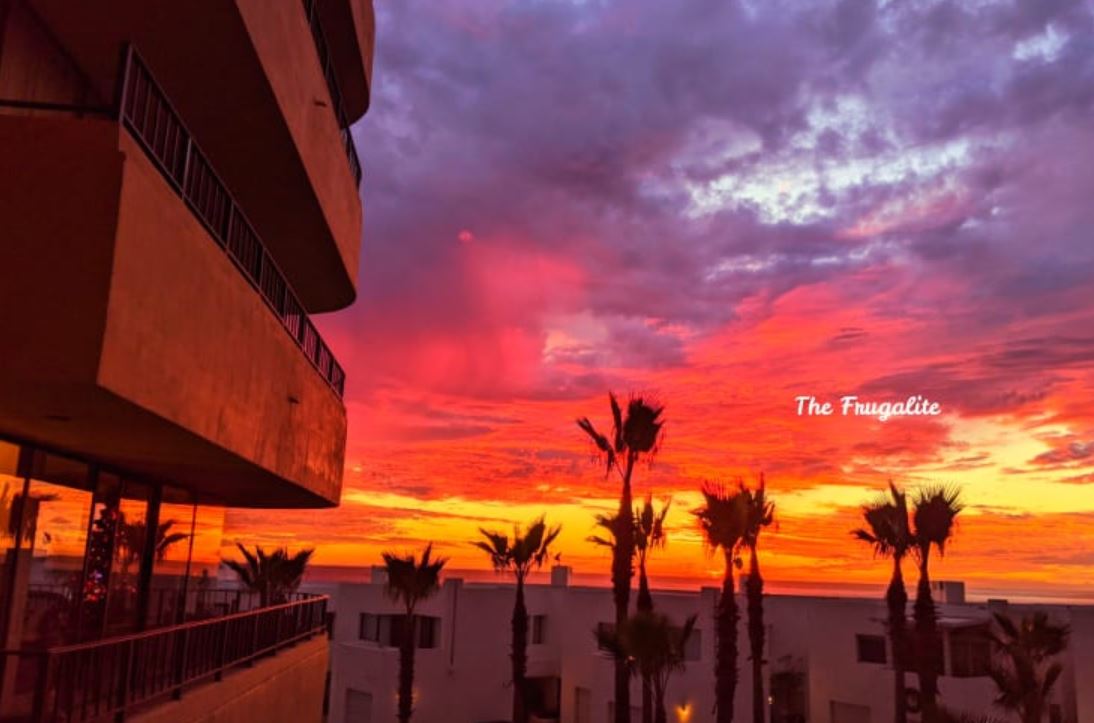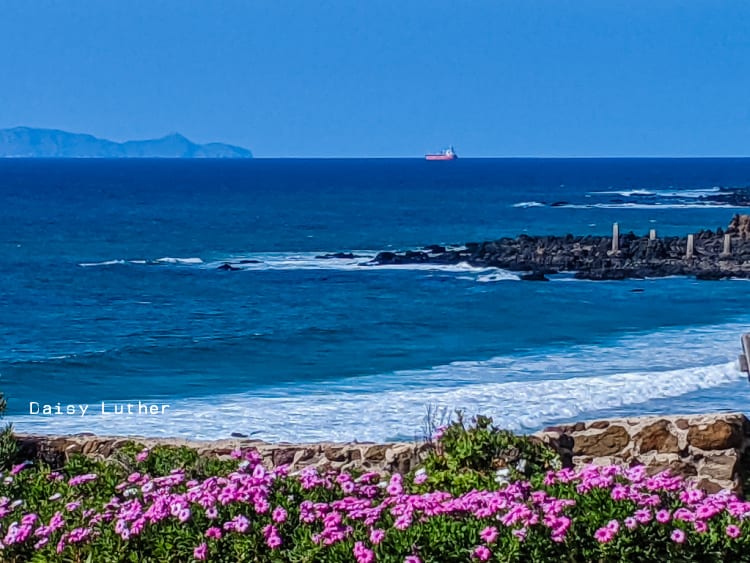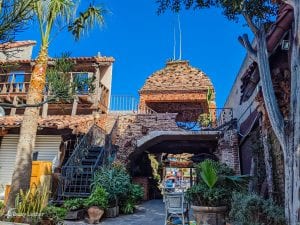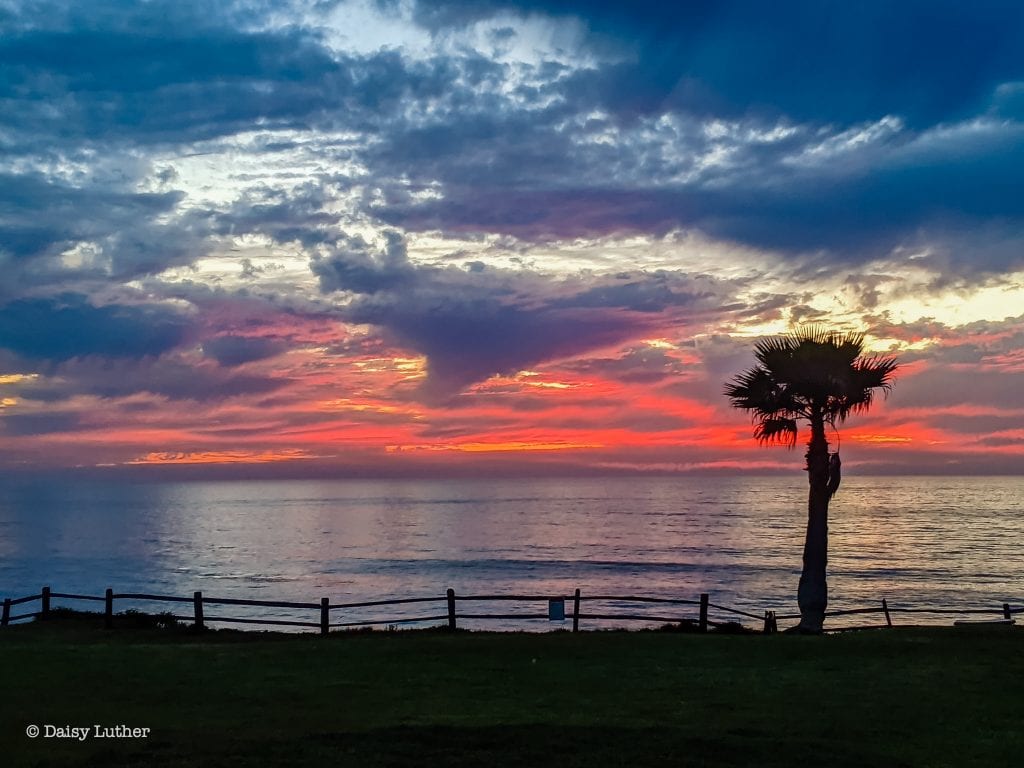 By Daisy Luther
By Daisy Luther
Do you want to make your hard-earned US dollars worth a whole lot more? Are you in a situation where you can work from anyplace with an internet connection? Are you free from anything tying you to one location?
If the answer to these questions is “yes” then geoarbitrage might be a lifestyle choice to consider. As I wrote recently, if you want to radically change your life, you have to radically change your life. Geoarbitrage was my choice for dramatic change.
What the heck is geoarbitrage?
You can find a lot of different definitions out there. This one from SmartAsset.com sums it up nicely:
Geographic arbitrage is the practice of taking advantage of lower costs of living in different parts of the country – or even the world. By spending less you can make your money go further, whether you’re looking to change your lifestyle or just meet financial goals. (source)
Let me be absolutely clear that I’m not suggesting this is a solution for everyone. You may have a job that you have to go to each day, your kids might be attending a great school, you could be upside-down in your mortgage, or you may have other responsibilities that keep you tied to your current location. Heck, you may just like it there and that’s awesome.
Not every solution on this website will be a solution for everyone. Financial decisions are simply not one-size-fits-all.
My experiences with geoarbitrage
I’ve done this more than once in my life.
The first time was when I lived in the city in Canada and moved way out into the boondocks of the Algonquin Forest to cut thousands of dollars per month off my expenses. You can learn more about that in this article I wrote for my other website and you can learn more about the circumstances that led up to it in this free ebook. When I did it that time it was because I was financially unable to survive where I was living and the options were relocation or welfare.
The second time was a couple of years ago when my youngest girl left the nest. I didn’t want to sit in that big, pricey 4 bedroom nest by myself and I’d always wanted to see the world. So I sold a ton of my stuff, rented a storage unit for about $60 a month for the things I wanted to keep, and took off. I’ve written about how I afford to travel full time here, for more details on making that change.

With the pandemic and all sorts of restrictions on travel, I have had to tweak the plan of being just plain nomadic and I’ve been living in Mexico. For the first few months, I lived in a nice, simply furnished condo with a private beach.
Recently, a neighbor was heading back to Canada and offered a deal I couldn’t refuse for his condo with an ocean view since he knew that I’d take good care of his things. I pay less for this lovely place than I did for a shabby, beat-up apartment in a bad neighborhood in a city in Virginia. I hadn’t planned on staying here quite so long, but until the restrictions are lifted in the US, it’s a pretty awesome place to wait out the Covidpocalypse.
What’s it like living in Mexico
I live outside the city between two larger towns in what I suppose would be considered a little fishing village. The standard of living I have here in comparison to the one I had in the US is quite a bit higher.
I live in a gated condominium complex with guards. It’s very quiet and peaceful here and it’s what you’d expect at an upscale resort condominium, with two pools, a hot tub, a “clubhouse,” three small gyms each with different types of equipment, a dog park, and a half-mile loop to walk by the ocean. Down a set of steep rocky stairs is a private beach that is never crowded, not even on the hottest summer day.
When you leave the condo, you can choose whether to go to one of the larger towns or a slightly larger village with a grocery store. You can nearly always find someone who speaks English, but I’m working hard to learn Spanish. There is a Walmart in one of the towns but it’s a lot more expensive than the Mexican stores of the same type such as Sorianas or Coppels. People try to sell you things almost everywhere – they come into restaurants with beautiful baskets or walk between parked cars at a stoplight with masks for sale. I’ve gotten some awesome and unique things this way. It’s important to remember that Mexico does not have the same social safety net as the United States, so your purchase of a $1-$5 item might be putting food on a table that would otherwise be empty.
store. You can nearly always find someone who speaks English, but I’m working hard to learn Spanish. There is a Walmart in one of the towns but it’s a lot more expensive than the Mexican stores of the same type such as Sorianas or Coppels. People try to sell you things almost everywhere – they come into restaurants with beautiful baskets or walk between parked cars at a stoplight with masks for sale. I’ve gotten some awesome and unique things this way. It’s important to remember that Mexico does not have the same social safety net as the United States, so your purchase of a $1-$5 item might be putting food on a table that would otherwise be empty.
 I purchase things as directly as possible from local vendors. I visit locally run restaurants, farm stands, and craftspeople before going to department stores and grocery stores. I have a cleaning lady, someone who runs my errands (bills must be paid in person here), and a guy who details my Jeep. (I get the Jeep cleaned and waxed regularly to protect it from the salt air.)
I purchase things as directly as possible from local vendors. I visit locally run restaurants, farm stands, and craftspeople before going to department stores and grocery stores. I have a cleaning lady, someone who runs my errands (bills must be paid in person here), and a guy who details my Jeep. (I get the Jeep cleaned and waxed regularly to protect it from the salt air.)
Of course, there are also inconveniences because Mexico is not as “advanced” as the United States. Like I mentioned, you have to go in-person to pay your bills instead of putting them on autopay or typing in your card number online. Sanitation is different than in the US. You might be sitting in a restaurant having a meal and be joined by a friendly cat or dog.
Occasionally they shut off the water (usually you get a warning) due to shortages or, last summer, too many tourists during the height of a Covid outbreak. During a storm, just like in the US, the power might go out. Internet service is generally reliable but occasionally sporadic.
Appointments are often on “mañana time.” Everyone jokes about it but mañana time is real. It means that you make an appointment with a repair person and they say “I’ll be there mañana” so you wait at home all day not wanting to miss them only to find out mañana means whenever they get to you. Out of all the things in Mexico, this is probably the one that drives me nuts the most. I just try to remind myself I’m building patience.
For medical care, I “joined” a hospital with my landlord, since we share an address. I did not discover this until after I had Covid, but even that medical bill was quite reasonable. I pay a monthly amount and included in that are all my basic doctor visits, dental care, blood work, prescription refill visits, x-rays, and quite a few other services. If I require the services of a specialist, I get a 25% discount (and a visit to a specialist is about $40 at full price). The hospital there charges members $20 per day for hospitalization, and if I were to require surgery I’d also get a 25% discount.
Covid, but even that medical bill was quite reasonable. I pay a monthly amount and included in that are all my basic doctor visits, dental care, blood work, prescription refill visits, x-rays, and quite a few other services. If I require the services of a specialist, I get a 25% discount (and a visit to a specialist is about $40 at full price). The hospital there charges members $20 per day for hospitalization, and if I were to require surgery I’d also get a 25% discount.
When you drive in Mexico you are required to carry Mexican car insurance on top of your American policy. If you’re caught without it, you will spend a week in jail.
You’ve probably heard stories about cops trying to shake down Americans for extra money. That does happen but I’ve had the good fortune to have avoided it. One thing that helps is if you have a parking sticker on your car for a local complex. Then they see you are “local” and the risk of you telling their boss is higher than the potential reward of whatever money they might get from you.
Like anywhere, especially places with rampant poverty, there is property crime. Most of the time, common-sense measures are enough to keep you perfectly safe and if you live in a gated community you are far less likely to have your home or vehicle robbed or vandalized.
Let’s break it down to dollars and cents.
So the question you may be asking is, how much do I spend to live here? There are choices I could make to cut my expenses even further, which I’ll discuss. Below you can find my basic monthly budget:
- Rent $900
- Water $7
- Electricity $40-70
- Internet $20
- Food (groceries) $150
- Food (eating out) $200
- Auto Insurance (American) $83
- Auto Insurance (Mexican) $51
- Medical Care $25
- Phone with unlimited data $70
- Cleaning lady $70
- Car guy $20
- Errand guy $15
- US mail delivered here $20
TOTAL: $1701
 Obviously, this doesn’t include any miscellaneous costs like extra meals out or shopping trips. The price of fuel varies – I sometimes go a week without leaving the beautiful complex where I live. If I wanted, I could easily trim $300-350 by cutting out restaurant meals, being more careful with electricity usage, and dismissing the people I employ here. If I wanted to cut costs even further, an apartment can be had further inland for half price. But this is a comfortable amount for me – and far less than I spent in the States – that allows me to put money back each month while stocking up my pantry.
Obviously, this doesn’t include any miscellaneous costs like extra meals out or shopping trips. The price of fuel varies – I sometimes go a week without leaving the beautiful complex where I live. If I wanted, I could easily trim $300-350 by cutting out restaurant meals, being more careful with electricity usage, and dismissing the people I employ here. If I wanted to cut costs even further, an apartment can be had further inland for half price. But this is a comfortable amount for me – and far less than I spent in the States – that allows me to put money back each month while stocking up my pantry.
I could not live a comparable lifestyle in the United States for this price. Also, transportation costs vary widely based on where you decide to settle. When I lived in Europe, I did not have the vehicle expenses – I was able to walk everywhere. That’s not a safe option where I live currently.
Legal stuff about becoming an expat or nomad
Every country has different rules and requirements for those who relocate there. Some allow you to stay for 3 months without a visa, others grant a six-month visitor’s visa that will (normally) allow you to come and go as you please. If you’re relocating permanently there are all sorts of things you need to know to do so legally.
I stress the legal part. Imagine buying a property in another country then getting kicked out for being an illegal immigrant. Don’t think it can happen? Someone in my condo complex was a troublemaker, revving his engine at all hours of the night, flying through the parking lot and nearly running down pedestrians, playing loud music with his balcony doors open – he was a terrible neighbor. It turns out he was an American who had not filled out the correct paperwork to be here long term. After repeated warnings, the condo complex called immigration and he was escorted to the border…despite the fact he owns this condo.
So get your ducks in a row and do things right. Migrating to a lot of places that are less expensive is easy and doesn’t cost a lot of money because they want what you’re bringing to the economy. You won’t regret doing it right. Generally, you have to prove that you won’t be a burden on the system or taking away jobs from locals. So you’ll need to be able to prove you either have income you’re bringing with you or that you have sufficient funds to take care of yourself for a long time, as well as medical insurance. Quite a few countries are offering inexpensive visas to people who now work remotely due to Covid.
If you are thinking of relocating to another country, consider consulting with Bobby Casey of Global Wealth Protection. You’ll absolutely want to subscribe to his newsletter, too.

You don’t have to move to another country to practice geoarbitrage.
When people hear the word “geoarbitrage” or think of “location independence” they tend to think that it means you’ve got to pack up, hop on a llama, and head someplace exotic. But that is absolutely not the case.
There are lots of places in the United States that may be less expensive than where you currently dwell. Calculators like this can give you a good idea of the difference in the cost of living in two different places in the US. As a general rule of thumb, the farther away you are from a large city the less you’ll pay for housing. However, you want to be careful you don’t cancel out those savings with an expensive commute or high-priced local food and supplies.
Have you considered a dramatic relocation to save money?
Have you thought about relocating to save money? How far would you be willing to go? If you’d like to go the route of geoarbitrage but feel you can’t, what’s stopping you?
Feel free to ask any questions you might have in the comments section.
Source: The Frugalite